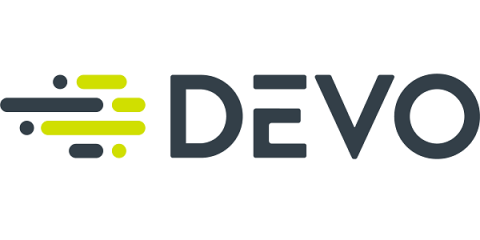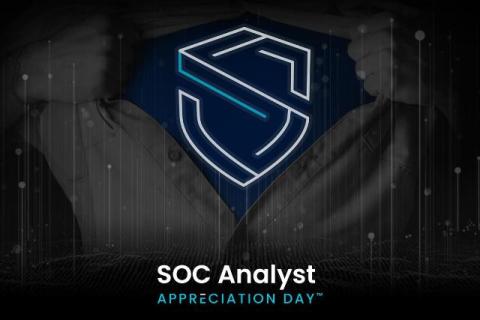Beyond SIEM: Transform Into a Data-Driven Organization With Devo
The Devo Platform has earned its reputation as a powerful and innovative force in Security Information and Event Management (SIEM). Customers rely on Devo to detect and respond to threats in real time, gain complete visibility into their security posture, and streamline their security operations. But the core strengths that make Devo a SIEM leader – unmatched scalability, real-time analytics, and flexible customization – also enable us to solve a variety of other data challenges.



